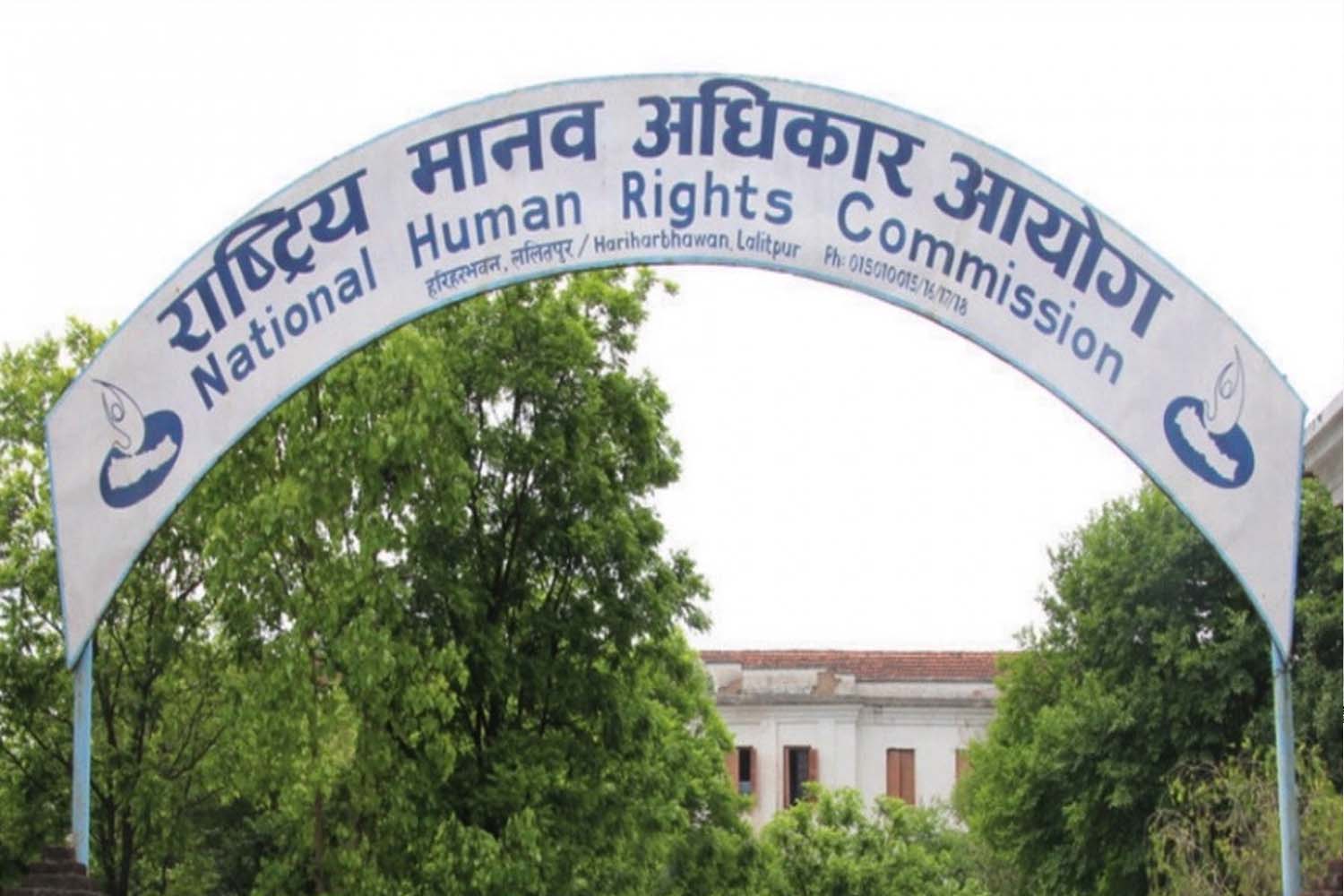Pandemic putting sexual and reproductive health in Nepal at risk

Lockdown has been an effective intervention against Covid-19 the world over. But in this time women’s Sexual and Reproductive Health (SRH) rights are also greatly hindered.
The government of Nepal prioritized pregnant women for health assistance during the lockdown. But women in labor pain were reportedly being ferried by risky means of transport like motorbikes. Women in post-partum period, whose need and care depend on daily wage of their husbands, were bound to compromise on daily nutritional diet required during such periods. In such situations, pregnant women feel more vulnerable and anxious and thus their mental health is more affected. Access to reproductive healthcare for pregnant women and postpartum women is limited in such periods.
Marie Stopes International has already warned that travel restrictions and lockdowns could have a devastating effect on women, as they struggle to collect contraceptives and access other reproductive health care services, such as safe abortions, in many of the 37 countries in which it works, including Nepal. In Nepal, there was limited access to contraceptive devices particularly condoms, oral pills, emergency contraceptive pills due to close down/limited opening hours of pharmacy and service centers. Organizations such as Marie Stopes Nepal, Family Planning Association Nepal (FPAN), and Midwifery Association Nepal are doing a commendable job, constantly updating and providing information through their social media, hotline numbers, and online platforms.
The effect of lockdown has also been felt by people living with disabilities, with inadequate availability of urine bags, condom catheters, diapers and tissue papers, increasing the risk of infection. Though organizations working for the HIV-infected populations are trying their best to provide door to door service, lockdown has made it hard to reach the HIV infected to give them antiretroviral therapy (ART). As per a report, the stock of ART is available only for the next two months and the government has to intervene to fulfill the growing demand. Transgender people in particular need access to gender affirmative services such as endocrinology and laser therapy. This situation is likely to persist in a situation when the lockdown is relaxed.
Most health workers are being mobilized to combat Covid-19. But many LGBT people continue with their sex work, putting them at high risk. Thus the LGBT population faces stigma, discriminatory behavior, violence, economic burden, limited access to health information and services during such periods. Little has been done, either by the government or the civil society organizations, to track the SRH needs of women, young people and vulnerable populations. Thus, vital issues like the availability of menstrual hygiene products, the situation of commercial sex worker, privacy, and consent, has been less discussed and prioritized.
To tackle gender-based violence during the pandemic, the government of Nepal together with the National Women Commission (NWC) and other community-based organizations have set up legal counseling, psycho-social counseling, and shelter support, and urged people to report such violence against women through their toll-free number. In response, the government has established a hotline and a call center to make it easier for citizens to access information related to Covid-19. It has also released Covid-19 and non-Covid-19 Health Service Guideline 2020 prioritizing services for emergency, acute and chronic conditions, essential health, and ambulance.
Even though the UN’s preparedness and response plan for Nepal highlights primary health care and reproductive service as a key pillar and urges uninterrupted access to sexual and reproductive health, the new guideline fails to explicitly mention maternal care, access to gender affirmative health service, contraceptive service, safe abortion, and sanitary product as essential health services.
The Covid-19 crisis management centers at local and provincial levels have been established as coordination bodies. The center has an important role in providing information and services to assess, track, monitor and address SRH and other needs. Social security is vital during such a pandemic and vulnerable and marginalized populations in particular need to feel safe and respected through adequate information, service and proper counseling. Social protections for the LGBT population and women with low economic status are also needed.
The current situation can be used as an opportunity to develop robust local level mechanisms to address such critical needs. As prioritized by the government, the Female Community Health Volunteers (FCHVs) and public health professionals can be a part of the local response system that collects disaggregated data, provides information, tracks sexual and reproductive health needs of women, and links them with services and service providers. Further, civil society organizations need to continue evidence-based advocacy and help the government address SRH needs of vulnerable groups amid this humanitarian crisis.
The author is pursuing Masters of Science in Public Health at University of Southern Denmark
related news
NICCI launches a hand book for Indian investors
May 1, 2024, 3:09 p.m.
135th May Day: NHRC calls for promoting labor rights
May 1, 2024, 2:02 p.m.
One more person injured in the Lalitpur fire dies
May 1, 2024, 11:20 a.m.
International Worker Day or May Day being celebrated today
May 1, 2024, 9:27 a.m.
Over Rs 10. 34 million stolen from Nabil Bank in Birgunj
April 30, 2024, 8:39 p.m.
Fire engulfs 150 houses in Saptari
April 30, 2024, 8:08 p.m.
Govt urges people to wear masks to protect themselves from air pollution
April 30, 2024, 5:19 p.m.









Comments